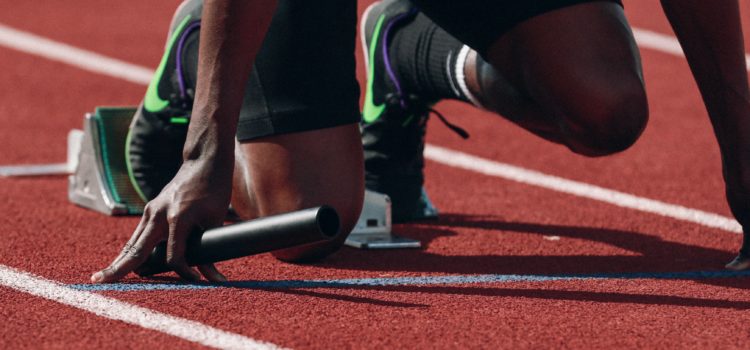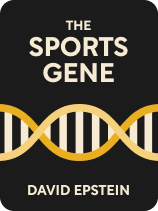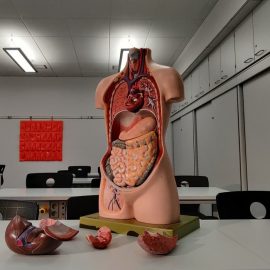

This article is an excerpt from the Shortform book guide to "The Sports Gene" by David Epstein. Shortform has the world's best summaries and analyses of books you should be reading.
Like this article? Sign up for a free trial here .
Is speed ability a matter of genetics or training? Which is more important when it comes to speed in sports?
While it’s not a physical characteristic, speed is a necessary trait shared by athletes in many sports. Sports and science have yet to determine the exact recipe that makes an athlete fast.
Here’s what research has to say on the matter.
Speed in Sports
Speed is a key attribute of athletic performance. While not a physical trait you are born with, speed in sports seems to be a talent that can be cultivated but not taught.
Epstein cites a manager at the Sports Sciences Institute in South Africa who has tested over 10,000 young athletes looking for speed. He attests that he has never seen an athlete who started out slow learn to become fast. Similarly, 2,000 12-year-old boys in the Netherlands were followed as part of a study tracking future professional soccer players. As they grew up, those who went on to play at the highest level were always in the fastest group during shuttle sprints.
Epstein cites a study of collegiate football players in the book’s afterword, which showed that four years of weight training in college made athletes much stronger but did not increase their speed. These studies suggest that there is a genetic component to speed.
In an interesting counterargument to the “10,000-hour rule,” Epstein notes that trying too hard to cultivate speed at a young age can actually be detrimental. Athletes who train too hard too early can get stuck in a rhythm while running that results in a “speed plateau,” a top speed that they cannot train past.
Corroborating Research on Sprinting Performance
An article on sprint performance discusses research findings supporting ideas on sprinting presented in The Sports Gene. A few of these include:
While there may be an optimal technique in sprinting, athletes whose bodies are not “predisposed” to execute those techniques will not be able to benefit from technique-specific training. This may be part of the reason for the idea that speed cannot be taught. The article also discusses how people are born predisposed to be fast, and notes that speed seems to be a polygenetic trait (meaning that no single gene confers a speed advantage). Data on the top 100 sprinters in the world in their early 20s showed that the runners only improved by 0.1% to 0.2% a year. While there was a range in improvement, and improvement rates varied by age and experience level, these statistics support the idea that sprinters are naturally fast. The study also noted that the 10,000-hour rule does not seem to apply to sprinting and that athletes can reach an elite level in five to six years if they have natural talent.

———End of Preview———
Like what you just read? Read the rest of the world's best book summary and analysis of David Epstein's "The Sports Gene" at Shortform .
Here's what you'll find in our full The Sports Gene summary :
- A look at how our genes play a determining role in our success in sports
- Why practice doesn't always guarantee success
- The fortuitous gene pairings that can lead to elite athleticism






